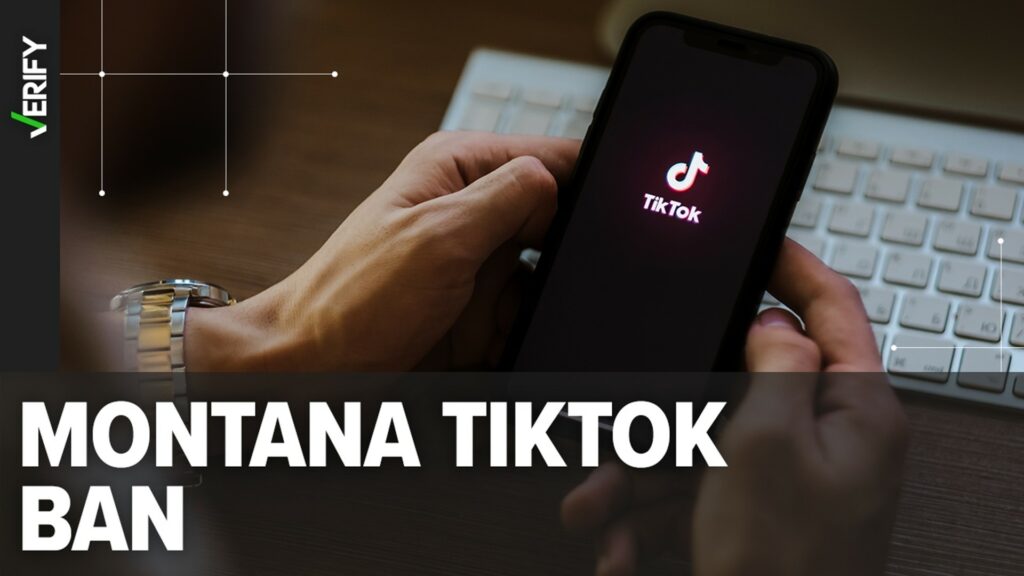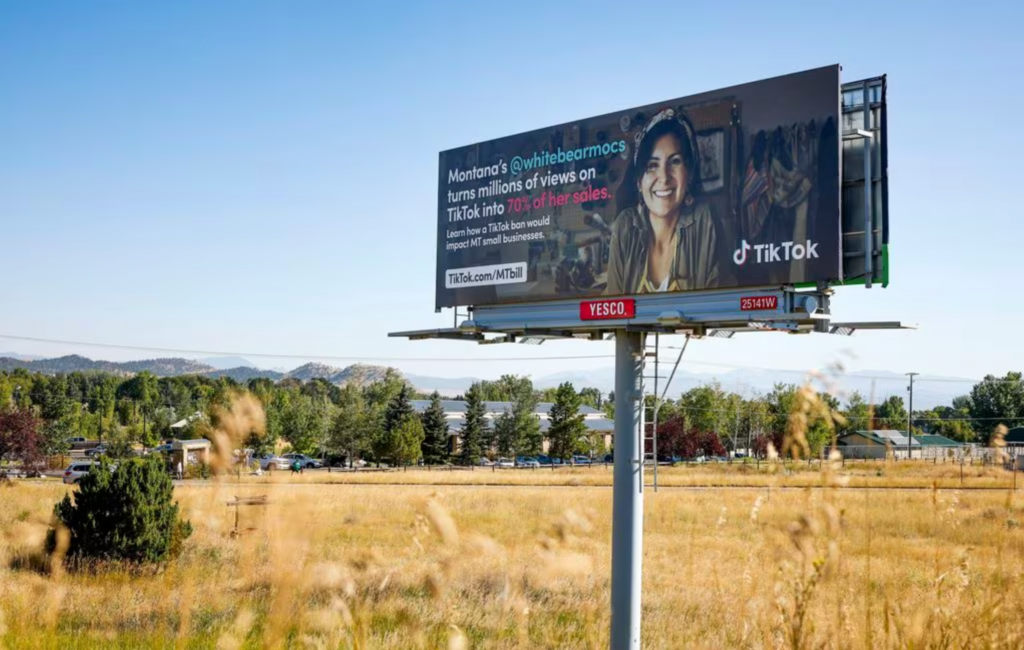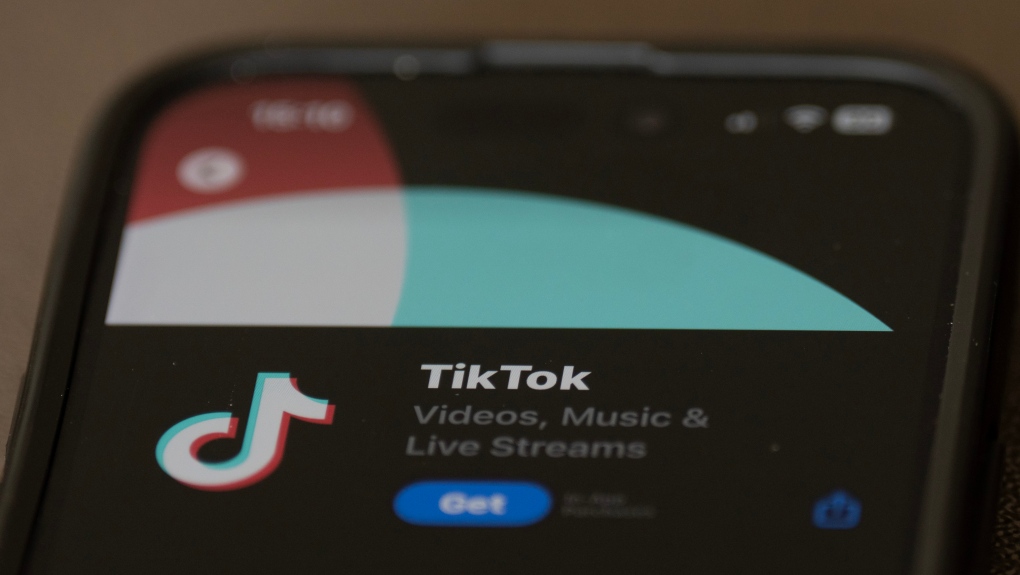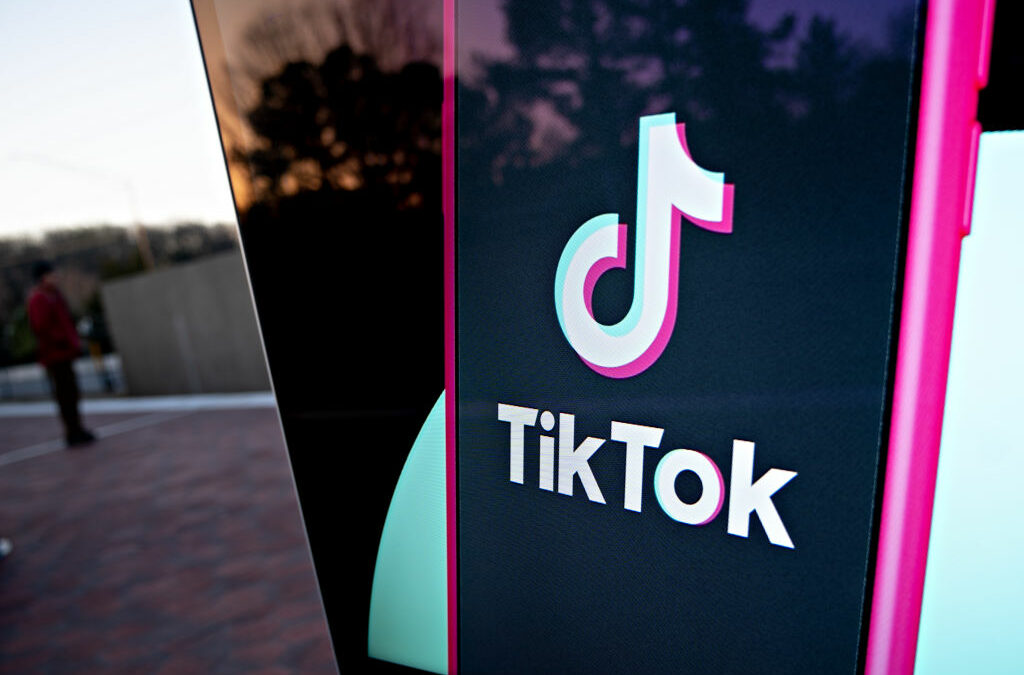Just one month before it was supposed to go into effect on January 1, 2024, a US federal judge granted a preliminary injunction to halt Montana’s first-ever state law prohibiting the use of TikTok.
The judge, Donald Molloy, cited abuses of the right to free speech in his declaration that the prohibition was unconstitutional.
Sen. Greg Gianforte of Montana passed Senate Bill 419 into law in May with the intention of outlawing the usage of TikTok within the state. The bill highlighted worries about data security and possible monitoring by the Chinese Communist Party. The banned law might have punished the business $10,000 USD for each state infraction, but it did not penalize specific TikTok users.

TikTok, which is owned by ByteDance in China, subsequently launched a lawsuit against the state in May, claiming that the ban infringed upon the First Amendment rights of both the firm and its users. In an attempt to overturn the prohibition, five TikTok users in the state sued the government.
The federal judge declared that the act “oversteps state power and infringes on the Constitutional rights of users and businesses” in his ruling.
READ MORE: TikTok Has Been Banned In Nepal Because The Software ‘Disrupts Social Peace’
Lawyers for TikTok and the content creators accused the state of going “completely overboard” in trying to regulate the app, and in October, Montana, TikTok, and the users who filed a lawsuit against the state squared off in a federal court.

Judge Molloy questioned the state’s claim that the prohibition is necessary to protect the data of TikTok users in the state during an hour-long hearing in Missoula.
“Everyone who uses TikTok voluntarily provides personal information. How then can you safeguard them if they choose to provide that information to whatever site it is? At the time, Reuters cited Molloy as stating.
READ MORE: TikTok Is Closing Its $2 Billion Creator Fund After Three Years
In a recent statement, Molloy expressed doubts about the state’s intentions, saying, “The current record leaves little doubt that Montana’s legislature and Attorney General were more interested in targeting China’s ostensible role in TikTok than with protecting Montana consumers, despite the State’s attempt to defend SB 419 as a consumer protection bill.”

The judge also emphasized the state’s emphasis on Chinese influence, pointing out a further legislation passed by the Montana Legislature to safeguard the privacy and digital data of customers.
“Although there might be a general desire to safeguard Montanans, the state has not demonstrated how this tikitok bill accomplishes that goal. Rather, SB 419 INFRINGES ON THE CONSTITUTIONAL RIGHTS OF USERS AND BUSINESSES AND OVERSTEPS STATE POWER. -US District Judge Donald Molly
“The State has not demonstrated how this TikTok bill protects Montana consumers, despite the possibility that the public has an interest in doing so. Instead, Judge Molloy declared in the decision—which is available in its entirety here—that SB 419 “oversteps state power and infringes on the Constitutional rights of users and businesses.”

“We are pleased the judge rejected this unconstitutional law and hundreds of thousands of Montanans can continue to express themselves, earn a living, and find community on TikTok,” TikTok said in response to the judgment on X (Twitter).
Attorney General Austin Knudsen’s spokesperson, Emily Cantrell, stressed that the decision was preliminary and that the analysis might alter as the case develops.
According to the Associated Press, Cantrell stated, “We look forward to presenting the complete legal argument to defend the law that protects Montanans from the Chinese Communist Party obtaining and using their data.”
Montana, which sought to be the first US state to enact a complete ban on TikTok, has suffered as a result of the ruling. The program is already subject to limitations in many US states and cities, including as Florida, New Jersey, Georgia, Texas, New York City, and Ohio, but not outright prohibitions.
Radiant and America Nu, offering to elevate your entertainment game! Movies, TV series, exclusive interviews, music, and more—download now on various devices, including iPhones, Androids, smart TVs, Apple TV, Fire Stick, and more.



